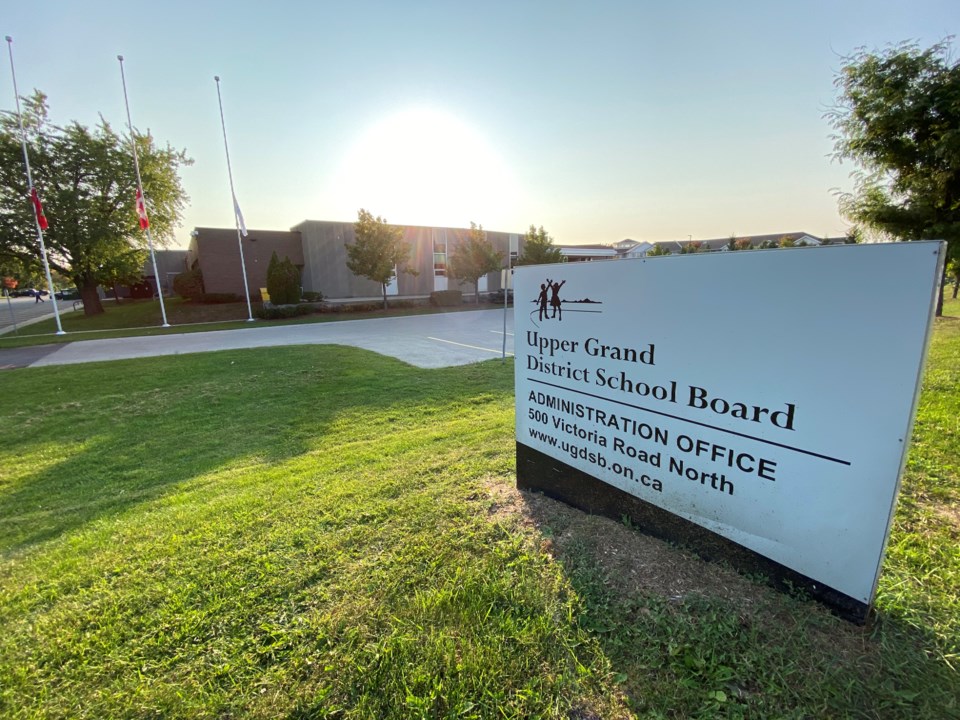The Upper Grand District School Board plans to begin anti-sex trafficking training for staff and students in the next school year.
Last summer, the province released PPM 166, a policy framework for school boards' anti-sex trafficking protocols. The Ministry of Education directed school boards to establish a protocol in response to "suspected sex trafficking occurrences" by Jan. 31.
"The protocol outlines the process for identifying, investigating and responding to instances of suspected sex trafficking as is outlined in the report human sex trafficking is a worldwide concern. However often the level of its prevalence in our own communities is understated and underestimated," said superintendent of education Pat Hamilton at the school board meeting Tuesday evening.
“It's really important for us to recognize that the average age of recruitment into sex trafficking in Canada is 13 years of age. School children and youth are the prime targets and it's crucial for our students and all those who work with students to become aware, recognize the warning signs and know how to respond."
UGDSB’s protocol outlines the roles and responsibilities of staff when identifying incidences of sex trafficking and was created in consultation with various local community groups. Community experts will train UGDSB principals and vice-principals in August. All board staff will be trained on professional development day before the school year officially begins,
Student training workshops are scheduled to occur in the fall.
Community groups consulted include Family and Children’s Services of Guelph Wellington, Dufferin Child and Family Services, Canadian Mental Health Association, Victim Services Guelph Wellington, Guelph-Wellington Women-in-Crisis, Guelph Police Service, Immigrant Services Guelph-Wellington, Wellington Catholic District School Board, UGDSB groups,
The Report on P16 Anti-Sex Trafficking states that “The First Nation, Métis, Inuit Education Council will review the protocol at an upcoming meeting and provide feedback to UGDSB staff,” and “any input from FNMIEC will be considered for future protocol updates.”
“Taking the time to do this right is of the utmost importance as we know that Indigenous young people are disproportionately affected by human and sex trafficking,” said Hamilton.
“As we all know, educators play a powerful role in safeguarding the mental health and well-being of all our school-aged children. Education staff can spot the warning signs and safely connect those who have been or are at risk of being trafficked to the appropriate supports and culturally responsive, responsive community programs and services.”
